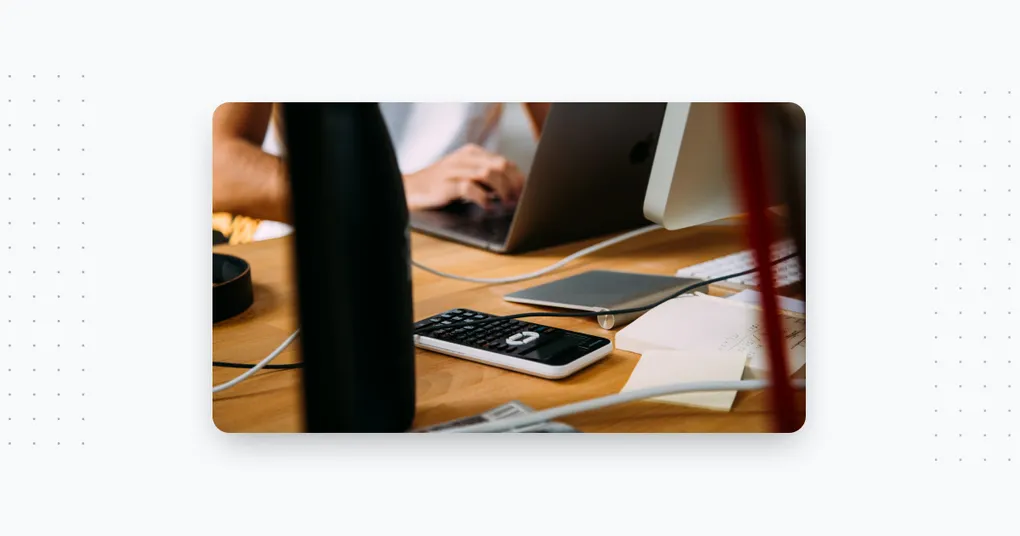
Advice for Effective Personal Accounting
Accounting is not only an important topic in the business world, but it’s also crucial on a personal level to know how much income and expenses you have each month. Only by doing this can you better plan and achieve your financial goals. It’s important to have as accurate a picture of your financial situation as possible in order to make informed decisions.
A clear overview of your finances allows you to set savings goals, reduce debt, and plan long-term investments. Here are some steps on how to effectively manage personal accounting.
Track Income
The first step for a clear overview of your balance is to record your income. This includes not only your salary but also any additional income from sources such as rentals, side jobs, or other income streams. If you have children, you might receive child benefits or education allowances. For those who want to be thorough, you can even include dividend income from stocks. The rule for the entire accounting process is: the more precise, the better.
Categorize Expenses
This is the less pleasant part of accounting. Expenses need to be recorded and categorized. Make sure to include hidden costs as well. It’s advisable to divide the categories as follows:
- Living Expenses: groceries, clothing, hygiene products
- Fixed Costs: rent, insurance, subscriptions, membership fees
- Leisure and Entertainment: dining out, cinema, hobbies
- Transportation: fuel, car insurance, public transportation tickets
- Miscellaneous: unforeseen expenses, gifts, repairs
Expenses are important because they provide an overview of where most of your financial resources are going, and you can decide if the Netflix subscription for €15 is really worth it or if you might prefer buying a book once a month instead. If you want to save, tracking expenses is also crucial, as savings are not only about setting aside money but also about minimizing expenses and avoiding unnecessary spending.
Set a Budget
Based on the recorded data, you should create a monthly budget. It’s important to remain realistic and plan a buffer for unexpected expenses. A good budget helps maintain financial discipline and ensures that expenses do not exceed income.
Set Financial Goals
With the knowledge gained from budgeting, you can now define financial goals. Financial goals are an important part of good accounting. These goals can be short-term, such as saving for a vacation, or long-term, like retirement planning. Clear goals motivate and help maintain focus.
My personal preference is to always define a smaller financial milestone that I can achieve within six months. For larger financial milestones, I plan for two years so that I can check through the smaller milestones whether I am on the right track and use them for motivation.
Use of Tools
There are numerous tools and apps that can help with personal accounting. From simple spreadsheets to specialized financial apps, these tools support you in recording and analyzing finances.
If you are self-employed or run a small business, I recommend Quitto. Quitto is an easy-to-use accounting software that assists you in creating invoices and quotes, as well as checking your financial goals. This makes your self-employment easier and automatically generates an annual statement for tax purposes. This way, you have more time for your business.
You can use the promo code FINANZGIPFEL when signing up to receive 3 months of a Business subscription for free.
Conclusion
Good personal accounting is the key to financial security and freedom. By carefully recording your income and expenses, categorizing expenses, and creating a realistic budget, you can make informed decisions and achieve your financial goals. Short-term and long-term goals motivate and help maintain focus.
Using tools like accounting software significantly eases the process.
Invest time in your personal accounting to be financially better positioned in the long run and have more time for the important things in life.